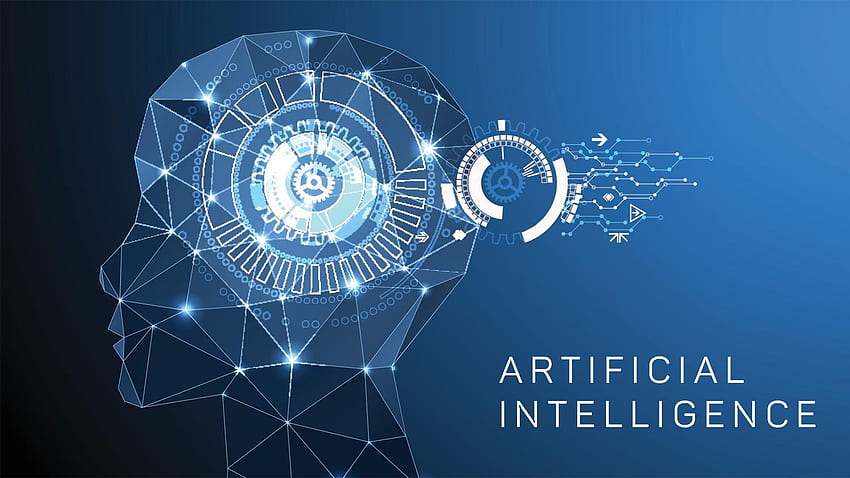Artificial Intelligence Part 2
Artificial Intelligence: Revolutionizing the World as We Know It
In the realm of technology, there is a groundbreaking force that is reshaping industries, transforming societies, and pushing the boundaries of human innovation. That force is Artificial Intelligence (AI). From science fiction to reality, AI has emerged as one of the most significant technological advancements of our time. It is revolutionizing the way we live, work, and interact with the world around us.
AI refers to the simulation of human intelligence in machines that are programmed to think and learn like humans. It encompasses a wide range of technologies, including machine learning, natural language processing, computer vision, robotics, and expert systems. These technologies enable AI systems to perform tasks that traditionally required human intelligence, such as speech recognition, decision-making, problem-solving, and pattern recognition.
One of the key drivers of AI's rapid advancement is the exponential growth of data. Every day, we generate vast amounts of data through various digital interactions, such as social media, online transactions, and IoT devices. AI algorithms are capable of analyzing this data, extracting valuable insights, and making predictions or recommendations based on patterns and trends. This ability has revolutionized fields like healthcare, finance, marketing, and transportation, among others.
In healthcare, AI has the potential to transform patient care, diagnostics, and drug discovery. AI-powered systems can analyze medical records, lab results, and imaging data to assist doctors in making accurate diagnoses and personalized treatment plans. Moreover, AI algorithms can sift through extensive databases of scientific literature and clinical trials to identify potential drug candidates, accelerating the development of new medications and therapies.
AI is also reshaping the business landscape by automating repetitive tasks, optimizing operations, and enhancing customer experiences. Companies are leveraging AI-powered chatbots and virtual assistants to handle customer inquiries, providing quick and personalized responses 24/7. Machine learning algorithms are utilized to analyze customer behavior, enabling businesses to deliver targeted advertisements and recommendations, thereby boosting sales and customer satisfaction.
Transportation is another sector undergoing a significant transformation with the advent of AI. Self-driving cars powered by AI are being tested and deployed on roads, promising increased safety and efficiency. AI algorithms analyze traffic patterns and optimize routes, reducing congestion and fuel consumption. Additionally, logistics companies are leveraging AI to optimize supply chain management, predicting demand, and automating warehouse operations.
While the advancements in AI are undoubtedly impressive, they also raise ethical considerations. Issues such as job displacement, privacy concerns, bias in algorithms, and the potential misuse of AI require careful consideration. As AI continues to evolve, it is essential to develop robust frameworks and regulations to ensure responsible and ethical use of this technology.
In conclusion, Artificial Intelligence is revolutionizing the world in unprecedented ways. Its ability to process and analyze vast amounts of data, make intelligent decisions, and automate tasks is transforming industries and enhancing human capabilities. However, it is crucial to navigate the ethical challenges associated with AI and harness its power responsibly. With careful consideration and proactive measures, AI has the potential to unlock new possibilities and shape a brighter future for humanity.



Komentar
Posting Komentar